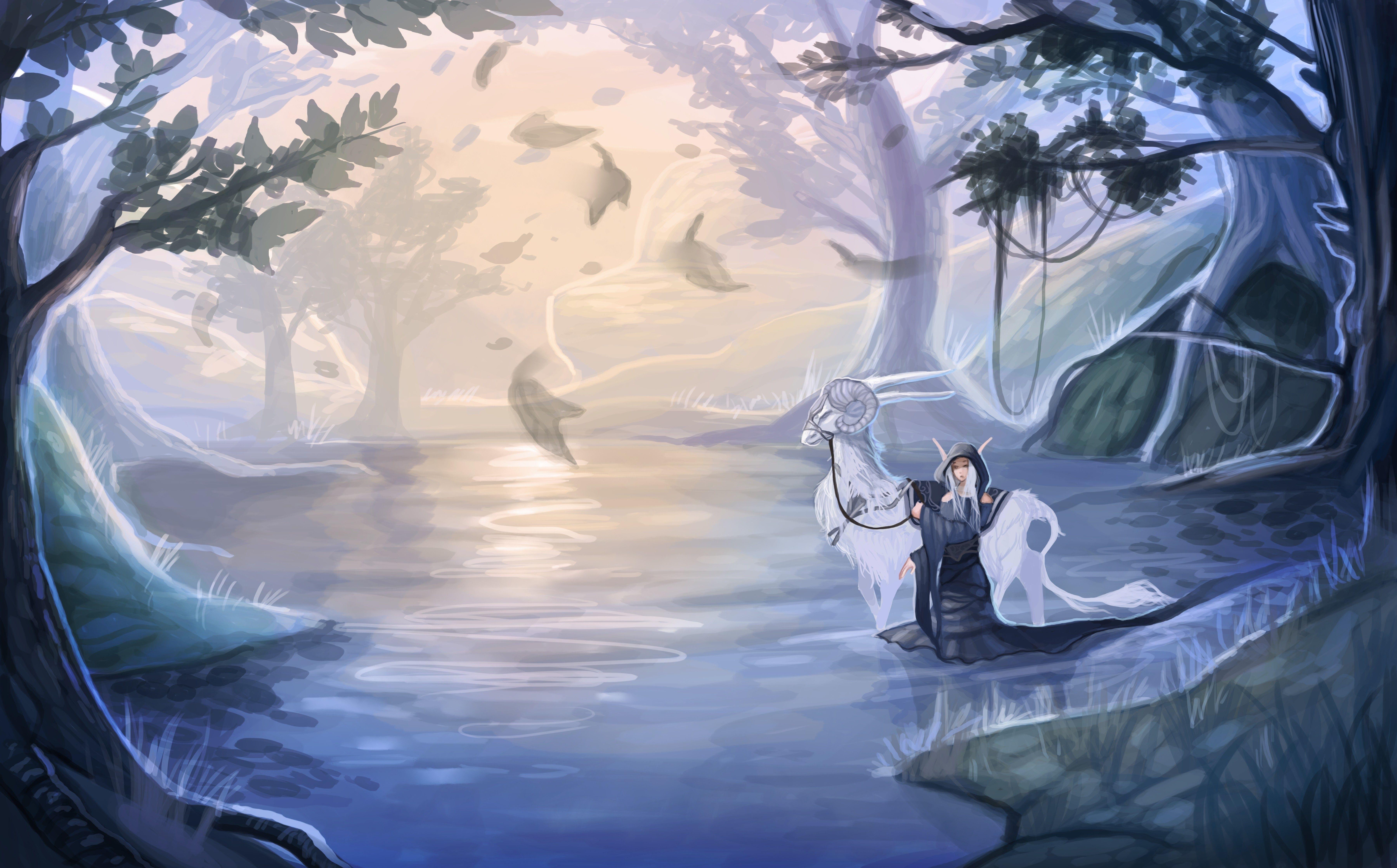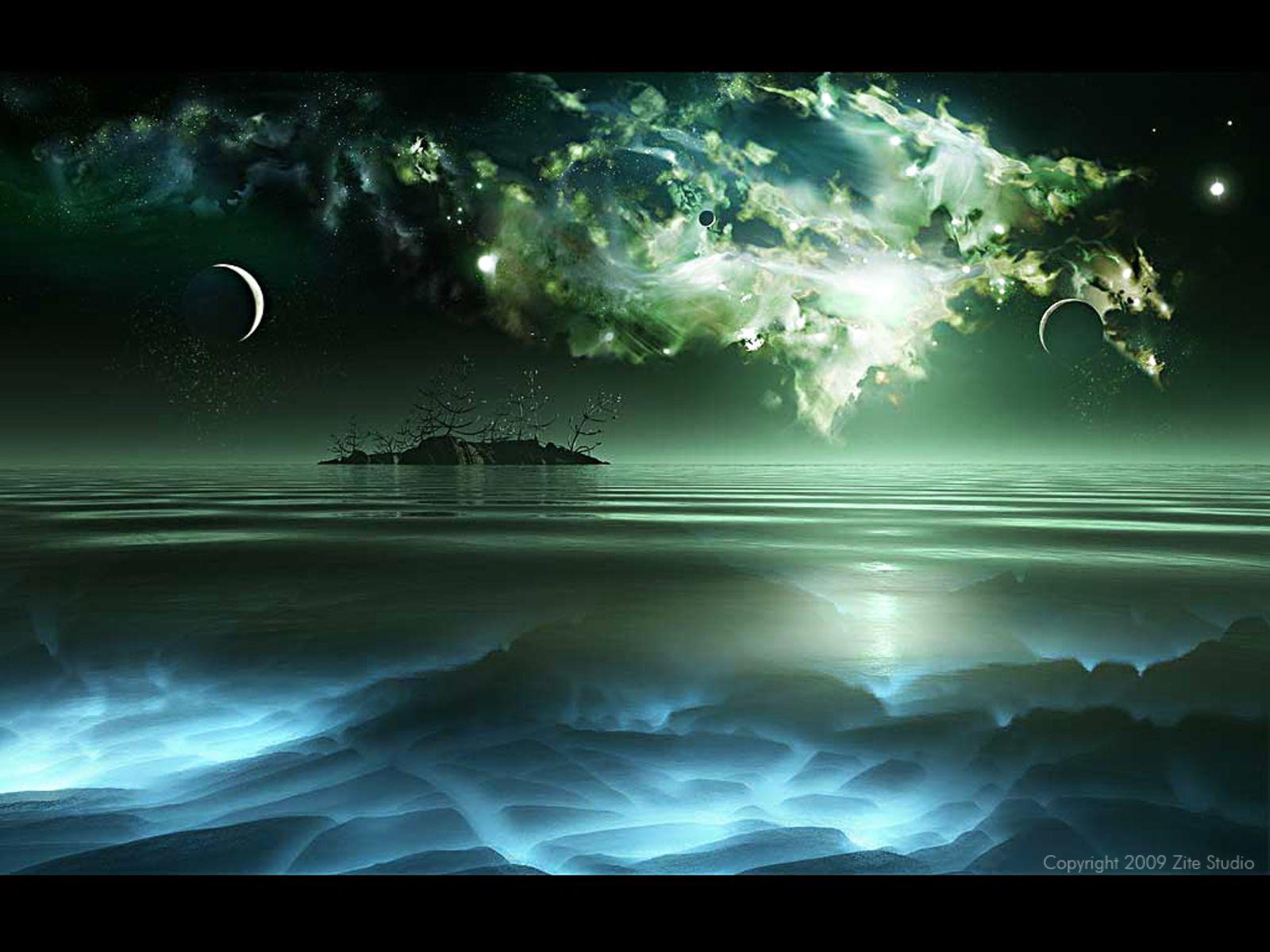Unveiling The Ethereal Definition: A Look Beyond The Ordinary
Have you ever encountered something so delicate, so light, or so incredibly beautiful that it felt almost too perfect for this world? That feeling, that sense of something truly special and almost otherworldly, is often captured by one captivating word: ethereal. It’s a term that whispers of grace and mystery, a descriptor that paints vivid pictures in your mind, and you know, it's just a wonderful word, really.
But what does this fascinating word truly mean, and where did it come from? We often use words without really thinking about their deep roots or how they’ve changed over time. The journey of "ethereal" from ancient concepts to its present-day usage is, quite frankly, a story worth exploring, and it has a lot to tell us about how we perceive beauty and the unseen, too it's almost a history lesson in itself.
This word, "ethereal," carries with it a rich history, a connection to ancient ideas about the very fabric of the universe. It’s more than just a simple adjective; it’s a way to describe something that seems to float above the everyday, something that touches our spirit. So, let's take a closer look at what makes something truly ethereal, and how this word helps us talk about things that feel incredibly special, almost like a dream, you know, like your best imaginings.
Table of Contents
- The Heart of Ethereal: What It Truly Means
- A Glimpse into the Past: The Origin Story of Ethereal
- Ethereal in Action: How We Use This Word
- Ethereal and the Spiritual Connection
- The Subtle Shades of Ethereal: Synonyms and Nuances
- Frequently Asked Questions About Ethereal
The Heart of Ethereal: What It Truly Means
When we talk about the ethereal definition, we are often pointing to something that feels incredibly light and delicate. It's almost as if it doesn't quite belong to this physical world, you know? Think about a very gentle whisper or a soft, fleeting shadow; these things have that airy quality. The word helps us describe things that are not heavy, not solid, but rather seem to float or drift, sort of like a cloud on a clear day, very, very gently.
The Cambridge Academic Content Dictionary, for instance, talks about "ethereal music" or "an ethereal beauty." This really captures the essence, doesn't it? It suggests something that is extremely light and delicate, something that feels as if it's not quite from our everyday experience. It’s a way to speak about beauty that is so refined, so subtle, that it feels almost too perfect to be real, and that is a very special kind of beauty, a beauty that truly moves you, you know.
The Oxford Advanced Learner's Dictionary also describes it as "seeming to belong to another, more spiritual, world." This particular aspect is quite interesting, because it takes the meaning beyond just lightness. It adds a layer of spiritual connection, suggesting something that transcends the ordinary. So, when something is ethereal, it often feels both delicate and profoundly connected to something higher or more abstract, like a deep thought, or a quiet feeling.
It can also suggest something heavenly or celestial, or something that is, in a way, just beyond our grasp. "My text" tells us that "Ethereal refers to something extremely delicate, light, and not of this world, often pertaining to beauty or spirituality." This really sums it up, doesn't it? It's about that sense of wonder, that feeling of encountering something truly unique and almost magical, something that leaves you breathless, you know, in a good way.
Consider the very texture of something ethereal. It isn't rough or coarse; it's smooth, perhaps even translucent. It doesn't weigh you down; it lifts your spirits. It’s the opposite of heavy, of solid, of something you can easily hold onto. It's more about an impression, a fleeting moment, a quality that is felt rather than firmly grasped. This makes the word very versatile, allowing us to describe a wide range of experiences that share this delicate, otherworldly quality, and that is quite remarkable, you know.
The word also implies a certain purity. There's nothing harsh or jarring about something ethereal. It’s often associated with gentle sounds, soft colors, and delicate forms. It's the kind of beauty that doesn't demand attention but rather draws you in with its quiet grace. This quietness, this subtle presence, is a core part of the ethereal definition, making it a word that speaks to our deepest senses, almost like a secret whispered just for you.
A Glimpse into the Past: The Origin Story of Ethereal
To truly grasp the ethereal definition, it helps to look at where the word actually comes from. "My text" explains that "Ether was often described as an invisible light or fire." This ancient concept of ether was, you know, quite profound. It was thought to be the pure, upper air, a substance that filled the heavens, distinct from the air we breathe down here on Earth, like a special, unseen element.
The word "ether" itself has deep Greek roots. Its name, "My text" says, "comes from the Greek verb aithein, meaning to ignite or to blaze." So, right from the beginning, there's this strong connection to light, to something shining and brilliant, something that glows with its own inner fire. When "ethereal," the adjectival kin of ether, first appeared in English, it carried this sense of being "of or like the ether, or upper regions of space." It was about something pure, something refined, something connected to the celestial spheres, far above us, you know.
Ancient thinkers, like Virgil, even had ideas about how this "ether" worked. "My text" mentions that "Virgil described the ethereal process as expanding itself through the universe, and giving life and motion to the inhabitants of earth, water, and air, by a participation of its own." This gives us a much bigger picture, doesn't it? It suggests that the ethereal isn't just about something light; it's about a fundamental, life-giving force, something that permeates everything, something that gives energy and movement to the very world we live in, and that is a truly grand idea, a concept that really makes you think.
So, the word carries this historical weight, this sense of an invisible, vital essence. It’s not just a pretty word; it's a word with a deep philosophical background, connecting us to ancient understandings of the cosmos, to how people once thought the universe worked. This makes the word "ethereal" even more interesting, because it's tied to such powerful, old ideas about the very nature of existence, and that is quite something, really.
The concept of ether as a fifth element, distinct from earth, water, air, and fire, shows how highly it was regarded. It was considered the purest, most subtle element, the stuff of the heavens and of divine beings. This historical context enriches the ethereal definition, giving it a depth that a simple modern dictionary entry might miss. It's about that sense of something refined, something untouched by the common world, something truly special, you know, like a precious gem.
This ancient understanding of ether as a pervasive, life-giving force explains why "ethereal" often evokes feelings of spirituality and transcendence. It’s not just about being light; it’s about being imbued with a higher quality, a connection to something fundamental and pure. This historical journey from a cosmic element to a descriptive adjective shows how language evolves, carrying echoes of past beliefs into our present-day vocabulary, and that is fascinating, isn't it?
Ethereal in Action: How We Use This Word
Understanding the ethereal definition really comes alive when we see it used in different situations. "My text" gives us some excellent examples. For instance, it says, "Something ethereal is airy and insubstantial, like a ghostly figure at the top of the stairs." This image immediately brings to mind something translucent, something that might appear and then vanish, not quite solid, you know, like a wisp of smoke or a fleeting dream.
Another great example from "My text" is how "This word can also describe something delicate and light, like a singer’s ethereal voice." Think about a voice that seems to float, a sound that is so pure and clear it almost seems to come from another dimension, a voice that fills the room with a gentle presence. It’s not just a quiet voice; it’s a voice with a special quality that makes it feel almost unearthly, very, very beautiful, almost like a melody from a forgotten time.
We can also talk about "an ethereal world created through the poetic imagination," as mentioned in the Oxford Advanced Learner's Dictionary. This shows how the word is used to describe things that are not physical but are conjured in our minds, worlds that are light, airy, or tenuous. It's about a place that feels like a dream, a place built from pure thought and feeling, a place where anything is possible, you know, like a story unfolding in your mind.
The word "ethereal" can be used to describe a fleeting moment, a delicate fabric, or even a feeling that is hard to pin down. "My text" also mentions "In a translucent sky, the domes." This hints at how it can describe visual elements that are light-filled and delicate, almost glowing, like buildings that seem to shimmer against the morning light. It's about things that have a certain luminous quality, a gentle glow that feels just right, very soft and inviting.
You might hear someone say, "It was an ethereal visitation by…" which "My text" provides as an example. This suggests an appearance that was brief, perhaps spiritual, and certainly not ordinary. The word really emphasizes that sense of something beyond the usual, something that leaves a lasting impression because of its unique, almost otherworldly nature. It's a powerful way to convey a sense of wonder and mystery, really, a feeling that stays with you long after the moment has passed.
Consider a dancer whose movements are so fluid and light that they seem to defy gravity; their performance could be described as ethereal. Or think about the delicate, almost invisible mist that rises from a quiet lake at dawn, creating a scene that feels almost magical. These are all situations where the word "ethereal" fits perfectly, because it captures that sense of delicate beauty combined with a hint of the unearthly, you know, that special touch.
The beauty described as ethereal is often not bold or striking, but rather subtle and nuanced. It's the kind of beauty that unfolds slowly, revealing its depth and delicate charm over time. It’s about a gentle grace, a soft radiance, something that feels naturally perfect without being overtly dramatic. This makes the word a favorite for artists, poets, and anyone trying to capture a sense of delicate wonder in their descriptions, and that is a very good use of words, I think.
Ethereal and the Spiritual Connection
As we've seen, the ethereal definition often carries a strong spiritual or otherworldly sense. "My text" notes that it means "seeming to belong to another, more spiritual, world." This connection is deeply rooted in the word's history, going back to the concept of ether as the pure, upper air of the heavens. It's about things that feel sacred, or perhaps divine, you know, like a quiet prayer or a moment of deep reflection.
When something is described as ethereal in a spiritual context, it often implies a connection to a higher plane of existence, or to concepts that transcend our physical reality. It’s not about something tangible you can touch, but rather something that resonates with the soul. This is why you might hear it used to describe moments of profound peace, or visions that feel deeply meaningful, almost like a blessing, a feeling of grace, perhaps.
This spiritual dimension makes "ethereal" a very rich word. It allows us to talk about beauty that isn't just pleasing to the eye, but also touches something deeper within us. It’s about experiences that feel transcendent, moments when the veil between worlds seems thin, and you can almost feel a connection to something grander, something vast and ancient. It's a way to express that feeling of awe, of being in the presence of something truly sublime, really, something that takes your breath away.
The spiritual aspect of "ethereal" can be found in descriptions of angelic figures, or the atmosphere within a sacred space. It speaks to a sense of purity and incorporeality, suggesting that which is not bound by earthly limitations. It’s about the essence of something, rather than its physical form, a quality that speaks directly to the spirit, you know, like a beautiful piece of music that moves your soul.
This connection to the spiritual realm gives "ethereal" a unique weight, even as it describes lightness. It suggests a profound significance, a beauty that is not merely superficial but holds a deeper meaning. It

Ethereal Desktop Wallpapers - Top Free Ethereal Desktop Backgrounds

Ethereal Desktop Wallpapers - Top Free Ethereal Desktop Backgrounds

Ethereal Wallpapers - Top Free Ethereal Backgrounds - WallpaperAccess